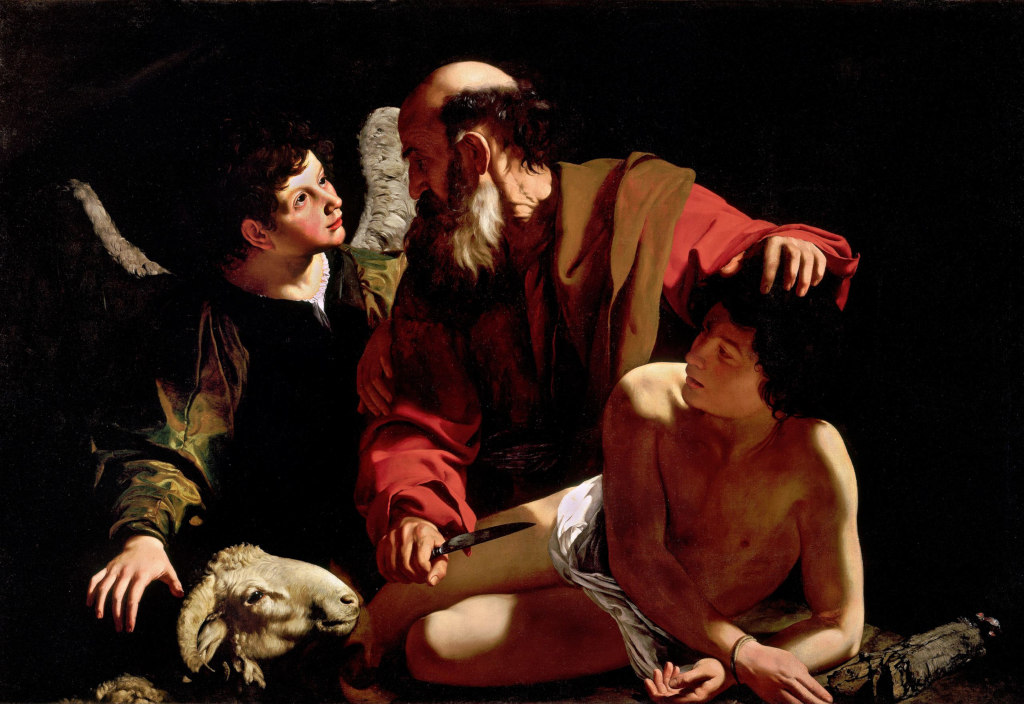Human words fall short of the greatness of the mystery of God
It is impossible to get a clear understanding of the mystery of God, the mystery of human life and the mystery of the relationship between God and human beings. Our human words are inadequate and always fall short (far short) of a comprehensive explanation. In order to get some glimpse of the mystery, we must approach it from different angles and look at it from different perspectives, which sometimes may seem contradictory. Indeed, we must approach God with humility, being well aware of our limitations. The Bemba saying Munda ya mubiyo tamwingilwa (impossible to enter your friends heart) expresses our inability to know the inner thought and feelings of others; and if that applies to human beings, then much more to God.
The sacrifice of Isaac
In this Sunday liturgy, we are presented with the sacrifice of Isaac. But how can we understand it?
- Human sacrifice existed in many ancient cultures. The Scriptures tell us that, influence by the surrounding nations, the people of Israel practiced such an abomination.
“They built high places to Baal in the Valley of Ben-hinnom to sacrifice their sons and daughters to Molech; I never commanded them to do this, nor did it even enter my mind that they would practice this abomination, so as to bring sin upon Judah.” (Jer 32:35)
- In such cultural surroundings, we should not be surprised that Abraham could perceive the sacrifice of his son as God’s command.
- In the Bible, human sacrifice is totally forbidden and seen as an abomination. The people of Israel were ordered not to worship as other nations did, “because they offered to their gods every abomination that the LORD detests, even burning their sons and daughters to their gods.” (Dt 12:31; see Lev 20:2-5)
A test of faith
- Gen 22 presents the sacrifice of Isaac as a test of Abraham’s faith, reminding us that at crucial moments of our lives, we may be put to the test. A child may be taken away from us, and we may ask: Why? Abraham remained silent and obeyed.
- During his journey of faith, Abraham had questioned God many times. As time went by, he grew in faith, which led him to complete surrender to God, done with the absolute trust that God will not disappoint or abandon him. Even when his trust in God was pushed to the limit, he remained faithful.
- This passage teaches us that God is supreme and that His word is absolute. What is best in our lives comes from him and belongs to him. We may not understand his designs, but we should not question his Promise and his will or doubt his love and his commitment to us.
- Abraham put his life and his future in the hands of God. He was convinced that God knows best, and that he can find a way, where there is no way.
Symbol and prophecy of Jesus Christ
- Isaac is a symbol and a prophecy of Jesus Christ. He carried the wood for the sacrifice, and he allowed his old father to bind him and to put him on the altar of sacrifice. He accept to be the lamb of the sacrifice. And Jesus came to be the true Lamb of God, who offered himself in sacrifice for us.
- The binding of Isaac and his acceptance of being offered in sacrifice was considered by the people of Israel as a source of blessings.
- Jesus is the beloved Son, and his sacrifice reconciles us to God, opening for us the gates of a new world, created in God’s love.

No comments:
Post a Comment